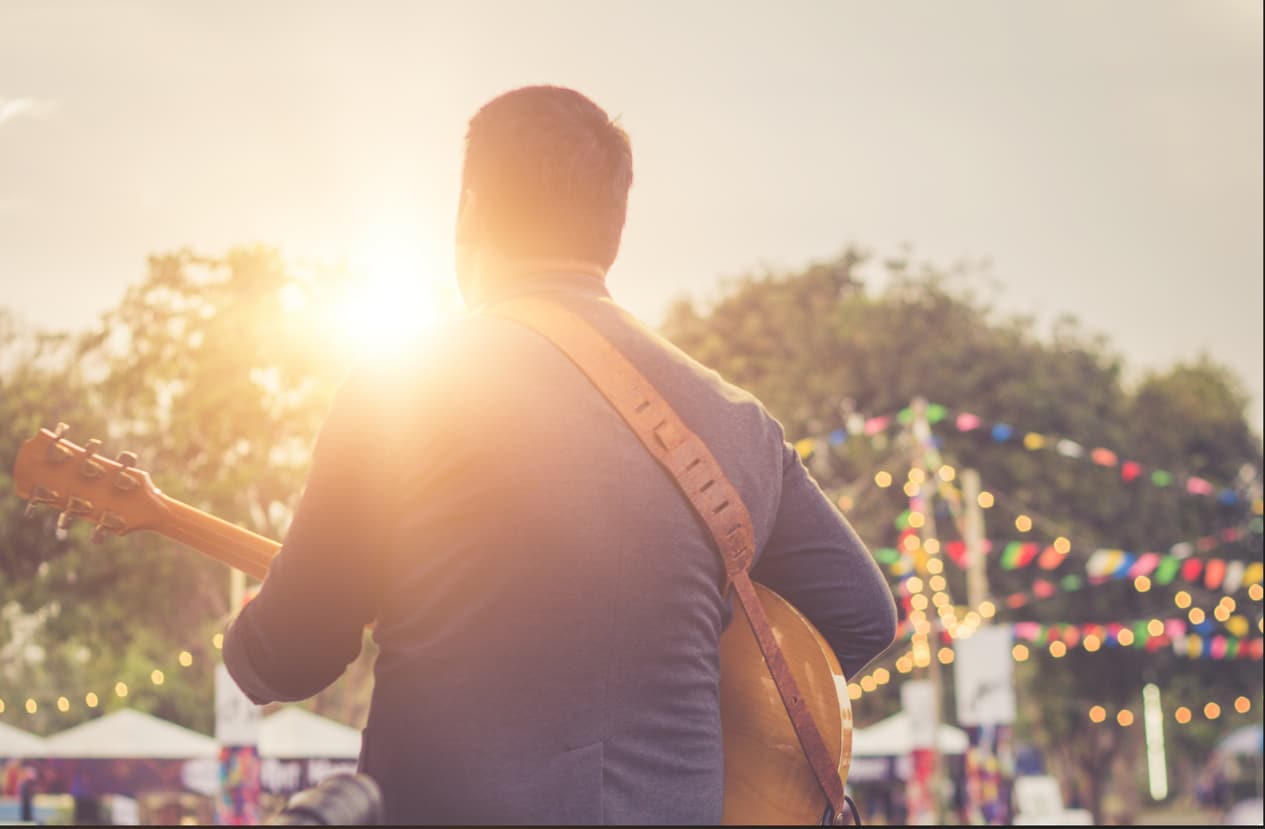There’s plenty to do outside in Texas, especially during the long summer days. While getting out in nature is good for your body and your mind, certain outdoor activities may get loud enough to pose a threat to your hearing.
How Loud Noise Outdoors Can Cause Hearing Loss

Prolonged exposure to loud noise is one of the leading causes of hearing loss, and it affects people of every age.
According to the Centers for Disease Control and Prevention (CDC), “An estimated 12.5% of children and adolescents aged 6–19 years (approximately 5.2 million) and 17% of adults aged 20–69 years (approximately 26 million) have suffered permanent damage to their hearing from excessive exposure to noise.”
How Does This Happen?
Loud noise can harm your hearing by damaging the hair cells of the inner ear. This can happen from short but intense bursts of very loud noise, over 100 decibels (dB). However, it can also happen from prolonged exposure to noise at 85 dB, which is about the equivalent volume of city traffic. The louder noise, the less time it takes for hearing loss to occur.
Popular Outdoor Activities That Can Reach Harmful Volumes
Many popular outdoor activities can reach volumes above 85 dB and increase your risk of hearing loss and tinnitus, including:
- Hunting or shooting
- Attending an outdoor music festival or sporting event
- Riding motorcycles, ATVs or snowmobiles
- Boating or jet skiing
- Fireworks
- Outdoor chores like mowing the lawn or leaf blowing
Four Ways to Protect Your Hearing From Outside Noise
The good news is you can take steps to protect your hearing and still engage in the outdoor activities you enjoy.
- Take breaks. Make sure you have quiet time in between any loud outdoor activities. It’s not just the intensity of the noise that can lead to hearing issues but the duration of exposure as well.
- Move away from the sound. If you’re at a louder outdoor event, such as Lake Jackson’s Summer Concerts on the Plaza, try to sit away from the speakers and take trips to quieter areas like the concession stand or restroom to give your ears a rest.
- Use hearing protection. Hearing protection like earplugs, earmuffs and custom earmolds can all work to reduce noise levels while still letting you hear what you need to hear. If you are unsure of what type of protection is right for you, discuss your options with your medical provider or a hearing health specialist.
- Get a hearing test. If you are experiencing any signs of hearing loss, schedule an appointment for a hearing test. You’ll have better hearing outcomes and help protect your ears from additional damage the earlier you treat your hearing loss with hearing aids or other listening devices.
For more information or to schedule an appointment, call the hearing experts at Lake Jackson ENT & Med Spa today.